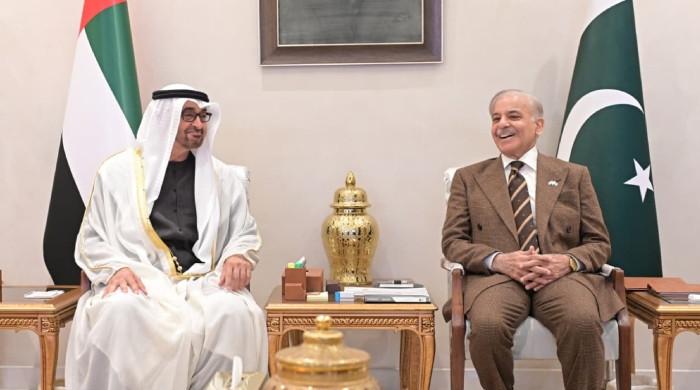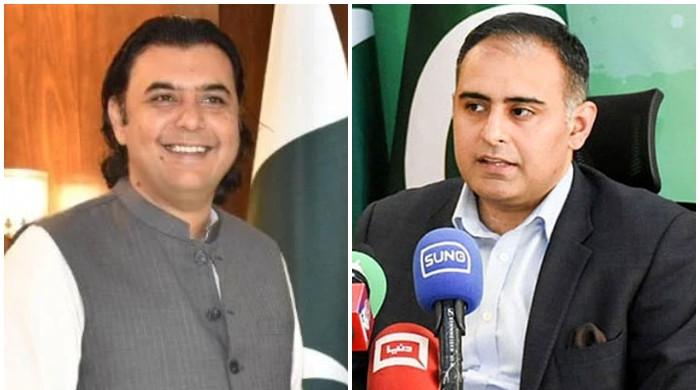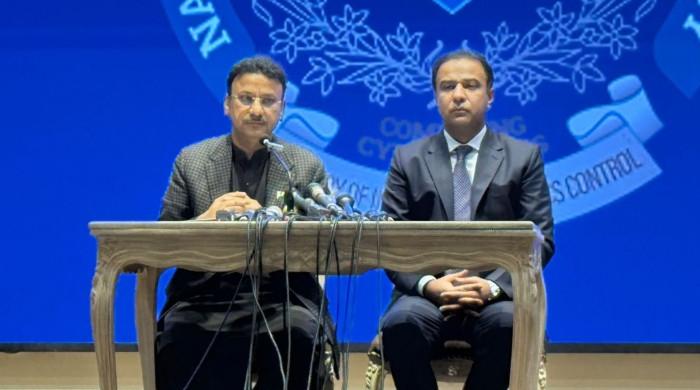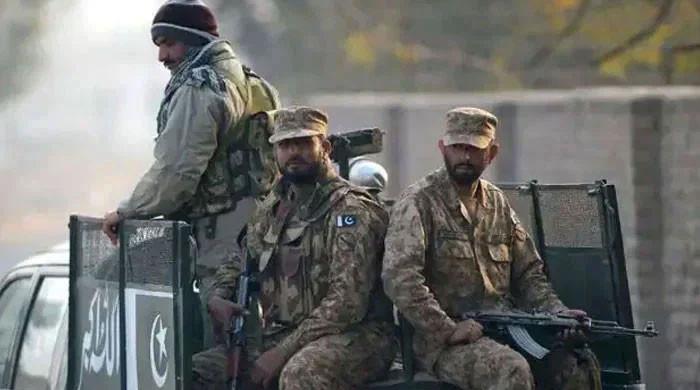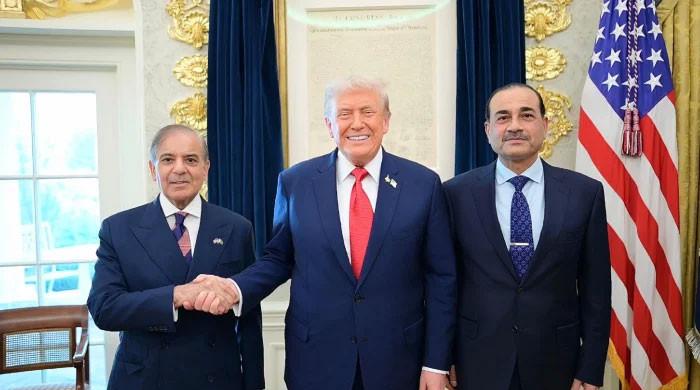Defence minister slams Afghanistan's mixed stance of threats, dialogue
Khawaja Asif says a state has right to respond when it is attacked
October 13, 2025
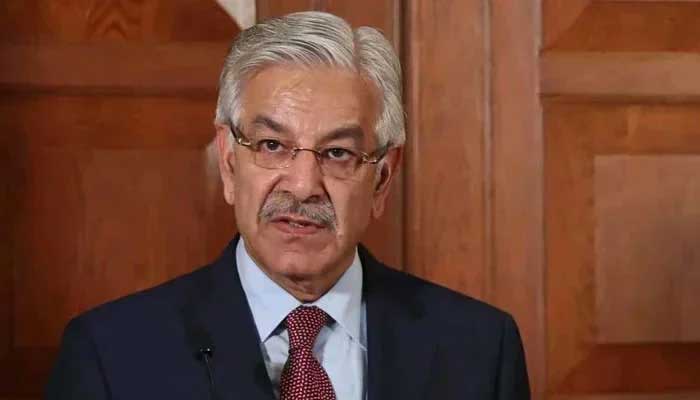
- Asif says Pakistan only targets militant hideouts, not civilians.
- Warns Afghanistan becoming safe haven for terrorist organisations.
- FO urges Taliban regime to avoid commenting on Pakistan affairs.
Defence Minister Khawaja Asif on Monday criticised the Taliban-led Interim Afghan Government's mixed approach of issuing threats and, on the other hand, calling for talks.
Asif's remarks come against the backdrop of heightened tensions along the frontier and follow a series of cross-border incidents.
In the border skirmishes, Pakistani forces killed more than 200 Afghan Taliban and affiliated terrorists in self-defence action responding to an unprovoked overnight attack by the Taliban forces and India-backed terrorists, the Inter-Services Public Relations (ISPR) said.
Speaking on Geo News' programme "Aaj Shahzeb Khanzada Kay Sath", Asif questioned Kabul's credibility following its foreign minister's statement amid the recent Pakistan-Afghanistan escalation.
The defence czar said a state has the right to respond when it is attacked and insisted that Pakistan did not target civilian populations but instead destroyed militant hideouts and sanctuaries.
He warned that Afghanistan's soil has become a haven for various terrorist organisations.
The minister stressed that safeguarding the country's borders is a federal responsibility, not a provincial one, though he welcomed cooperation from the Khyber Pakhtunkhwa government if it wished to assist.
He also said that the issue of Afghan refugee repatriation falls to the federal government, which will determine policy and exercise the authority to return undocumented individuals where appropriate.
IAG warned against interference
Meanwhile, the Ministry of Foreign Affairs asked the Taliban regime to refrain from issuing statements regarding Pakistan's internal affairs. The warning was issued after the IAG spokesperson Zabihullah Mujahid's statement on the Tehreek-e-Labbaik Pakistan (TLP) protests that turned violent.
The FO spokesperson said: "We have noted the recent statements made by the spokesperson of the Taliban regime regarding Pakistan's internal affairs."
"We strongly encourage the Afghan spokesperson to prioritise issues pertinent to Afghanistan and refrain from commenting on matters outside their jurisdiction."
"The principle of non-interference in matters of other countries should be adhered to as per international diplomatic norms. Pakistan does not require outside advice on its internal matters," it emphasised.
"We also expect the Taliban regime to abide by its obligations and promises made to the international community during the Doha Process."
It reiterated that the Taliban regime should not allow its land to be used for terrorism against other countries. "Besides, the regime should focus on the formation of an inclusive and truly representative government, instead of engaging in baseless propaganda," it concluded.




